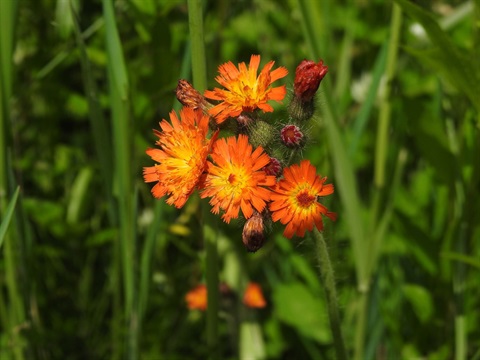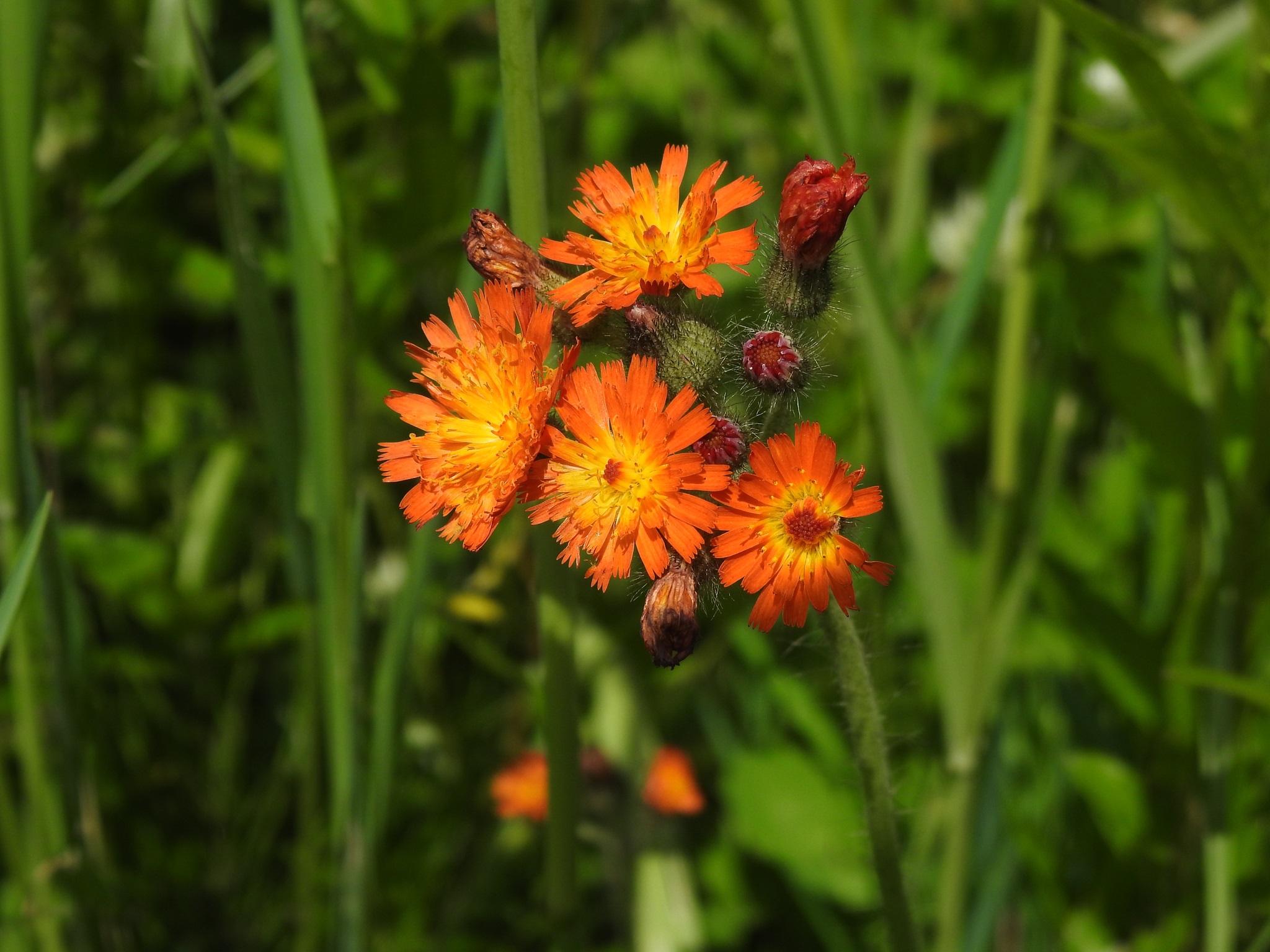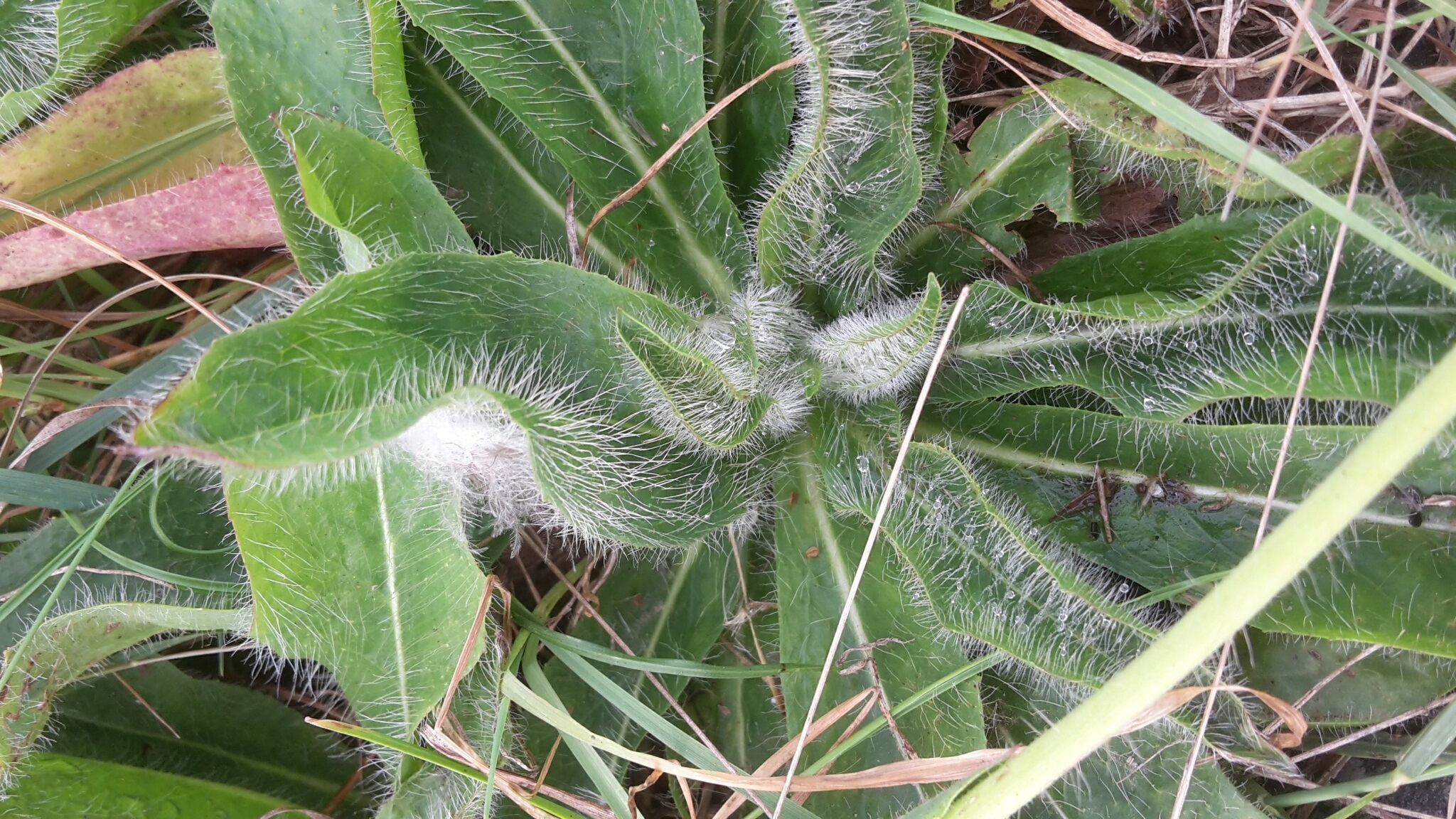
This week in Weed of the Week, we look at an emerging and potentially devastating threat to the Snowy Monaro, orange hawkweed (Pilosella aurantiaca).
Through this series of articles across the 2023/24 spring and summer season, Council is providing the Snowy Monaro community with information and advice on new, emerging and established invasive plant species threatening our region.
Whether you're living on the land, living in town, or just passing through – we all have a part to play in protecting our natural environment and agricultural land from invasive plants and weeds.
What is orange hawkweed?
Orange hawkweed is prohibited matter in NSW and is listed on the Australian National Environmental Weed Alert List. As a prohibited matter species it cannot be kept, bred, propagated, traded, moved or dealt with in any way. A person who becomes aware of, or suspects the presence of orange hawkweed, must immediately notify Council or the NSW Department of Primary Industries.
Orange hawkweed has distinctive bright orange flowers with yellow centres and square-edge petals. Plants can flower from as early as November to as late as April, with peak flowering occurring around Christmas.

It is highly invasive and grows in thick clusters of up to 3,800 plants per square metre. Due to its invasive nature, it poses a significant threat to biodiversity across conservation areas and native grasslands. Orange hawkweed also seriously impacts agricultural productivity once established in grazing lands.
Where is orange hawkweed found?
In New South Wales it has only been found in Kosciuszko National Park to the west of Lake Eucumbene, as well as adjacent private land in the Snowy Plain and Braemar Bay areas. It grows readily on mountaintops, in timbered and semi-timbered environments, in dense tussock-choked gullies, and in open paddocks.
Modelling has identified that further infestations may be present on private lands along the western boundary of the Snowy Monaro region from Rocky Plain north to Yaouk. Surveillance over summer and autumn in these areas relies on a combined effort using drones, weed detector dogs, on-ground inspections, and more.
Preventing the establishment of this highly invasive and devastating weed is vital. You have the opportunity to help by learning how to identify this species and reporting any suspected sightings.
Why is orange hawkweed a problem?
Orange hawkweed is a serious weed in temperate and subalpine areas of the world. If allowed to establish in the Snowy Monaro and Kosciuszko National Park, the impact would be devastating to both the environment and local agriculture.

Orange hawkweed spreads quickly and:
- Damages conservation lands
- Reduces agricultural productivity
- Forms dense mats and outcompetes other species
- Reduces the number of native plants
- Reduces habitat for native animals
- The plants spread via runners and seeds, enabling rapid population growth
What do you have to do if you detect orange hawkweed?
Do not attempt to destroy or control orange hawkweed on your own. If you find, or suspect you have found orange hawkweed on your property, in public, or anywhere else in our region – call Council on 1300 345 345 or the NSW Biosecurity Helpline on 1800 680 244 immediately.
This weed poses such a significant risk to our region that it is critical that it is dealt with quickly and professionally.
Snowy Monaro Regional Council and our partners at National Parks & Wildlife Services, Local Land Services and NSW Department of Primary Industries are committed to the eradication of orange hawkweed. We will provide prompt and thorough weed identification and control at no cost to the landowner where orange hawkweed is suspected or confirmed.
What can you do?
- Learn to identify orange hawkweed
- Be on the lookout for the distinctive flowers of orange hawkweed over the summer period and seek immediate advice if you identify any suspect plants
- If bushwalking or spending time in Kosciuszko National Park or adjacent areas, clean your footwear, clothing, and equipment thoroughly to limit the spread of weed material
Council is here to help. If you have questions about orange hawkweed, or any other weeds – contact our specialist biosecurity officers for advice and assistance.






